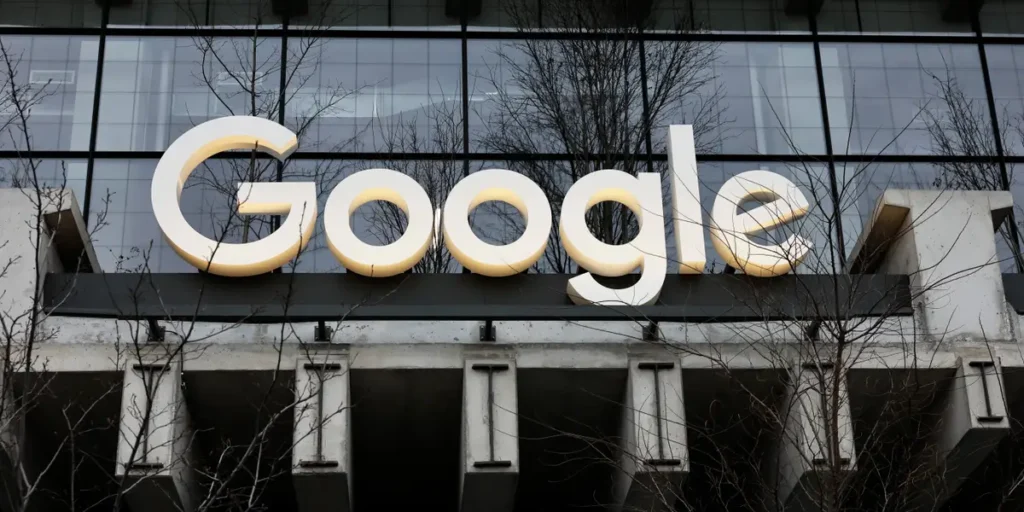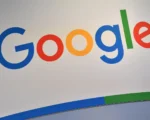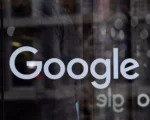Alphabet’s Workforce Dynamics: A Snapshot of 182,381 Global Employees as of September 2023 Amid Google’s Recent Job Cuts
In a strategic move, Alphabet’s Google announced on Wednesday its decision to cut a substantial number of roles, affecting teams integral to the development of the voice-activated Google Assistant software and the Devices and Services team. The restructuring, underway since the second half of 2023, extends to organizational adjustments that have impacted various divisions, including the mapping app Waze.
According to reports initially surfaced by news platform Semafor, the layoffs within the Google Assistant team are part of a broader realignment within the company. Simultaneously, the Devices and Services team is undergoing significant changes, with several hundred roles being eliminated. Notably, the brunt of the impact is felt in the 1P AR hardware team, aligning with reports from tech media website 9to5Google, which initially broke the news about this reorganization. The move reflects Google’s commitment to adapt and optimize its workforce to align with evolving priorities and technological advancements in the ever-dynamic tech landscape.
As part of the move, the co-founders of Google-owned Fitbit, James Park and Eric Friedman, as well as other Fitbit leaders, are leaving Google, the 9to5Google report said.
“Throughout [the] second half of 2023, a number of our teams made changes to become more efficient and work better, and to align their resources to their biggest product priorities. Some teams are continuing to make these kinds of organizational changes, which include some role eliminations globally”, a spokesperson told Reuters in a statement.

The spokesperson did not specify the number of roles being impacted. It is not immediately clear how many people are part of the Google Assistant software and Devices and Services teams.
Google and other tech companies have been racing to build some form of generative AI into new or existing products.
Last October, the company said it plans to add generative AI features from its Bard chatbot into Google’s version of a virtual assistant that aims to provide personalized help with reasoning and generative capabilities on mobile devices.

















